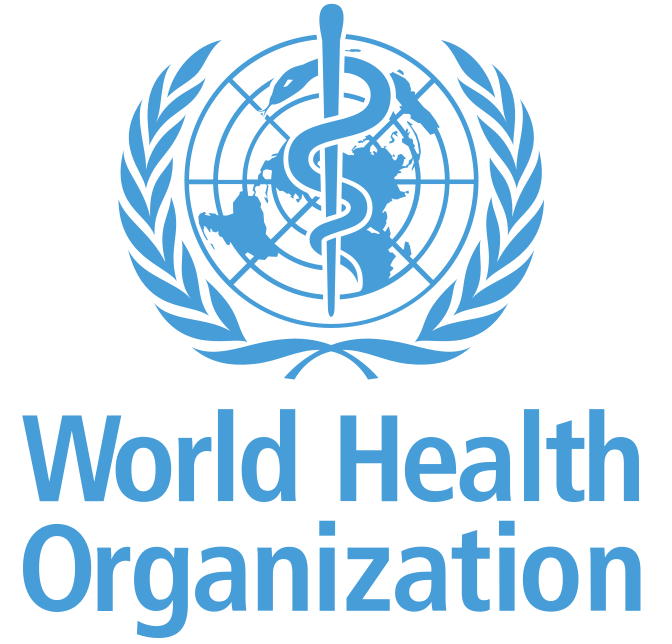|
Chairs: Lillian Day & Lana Mehetarian
Moderator: Brian Ding Email: lilday27@bergen.org & lanmeh27@bergen.org Topic: Distribution of Health Care in War Zones The number of people experiencing humanitarian crises in active war zones around the globe is rapidly escalating, with around 200 million people being subjected to these horrors. These conflicts, especially when combined with a weak national healthcare system like in most developing countries, make it difficult - if not near impossible - to provide medicine and doctors to those who need it the most. Because people lack access to basic healthcare and humanitarian aid, there has been a sharp increase in deaths and a variety of illnesses that could have otherwise been prevented. For example, developing have more than 70% of the world-wide cases of epidemic-prone diseases, like measles. It is imperative now more than ever to formulate solutions to combat these issues, because they can and must be stopped to prevent such conflicts from inflicting any more damage on the wellbeing of innocent civilians. Delegates have the chance to collaborate with each other to address the impact that humanitarian crises have on healthcare access on a global scale, as well as explore unique solutions on how to ensure the distribution of drugs, necessities, and professionals to people in nations experiencing ongoing political conflicts and wars.
| |||||||


